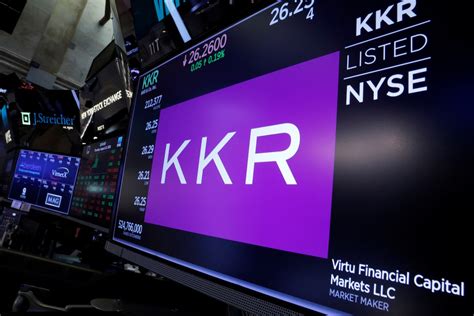Amidst the whisper of financial markets, a significant development has emerged. KKR, a prominent name in the private equity realm, recently made headlines for dropping out of a consortium that was actively exploring a potential takeover of Gerresheimer AG. The news, initially reported by Bloomberg News, sent shockwaves through the investment community.
Reasons Behind KKR’s Exit
The decision by KKR to part ways with the consortium came as a surprise to many. Sources familiar with the matter revealed that while Warburg Pincus, another key player in the consortium, is still engaged in discussions regarding the acquisition of Gerresheimer AG, KKR chose to step back from further negotiations.
The Initial Bid and Valuation
Just weeks ago, reports surfaced indicating that a consortium comprising both KKR and Warburg Pincus had put forth a non-binding bid for Gerresheimer AG. This bid was reportedly pitched at around 90 euros per share, translating to an approximate value of 3.1 billion euros ($3.42 billion) for the company.
Gerresheimer AG is known for manufacturing pens used for administering medications such as Novo Nordisk’s Wegovy. With a market capitalization hovering around 2.22 billion euros as per LSEG data, the company stands as an attractive prospect within its niche market.
Insights into Investor Reactions
Following this unexpected turn of events involving KKR’s departure from the takeover talks, industry experts and investors alike have been closely monitoring how this development will impact Gerresheimer AG’s future trajectory on stock exchanges and within its sector.
This decision raises questions about what prompted one of the key players to exit negotiations abruptly. Such occurrences often trigger speculation among investors and industry analysts regarding underlying reasons that may not be immediately apparent.
Industry Dynamics and Speculation
As whispers circulate within financial circles about potential motives behind KKR’s exit from the consortium pursuing Gerresheimer AG, it underscores how swiftly dynamics can shift in high-stakes deal-making environments like those in private equity investments.
The intricacies involved in such transactions are often shrouded in mystery until more details surface or other parties involved divulge additional information publicly or behind closed doors.
Expectations are now heightened as onlookers eagerly await updates on whether Warburg Pincus will manage to salvage negotiations or if other actors will emerge on this corporate stage seeking their share of influence over Gerresheimer AG’s future.

